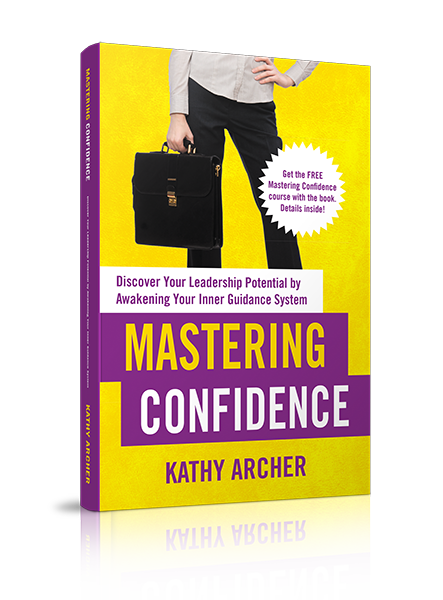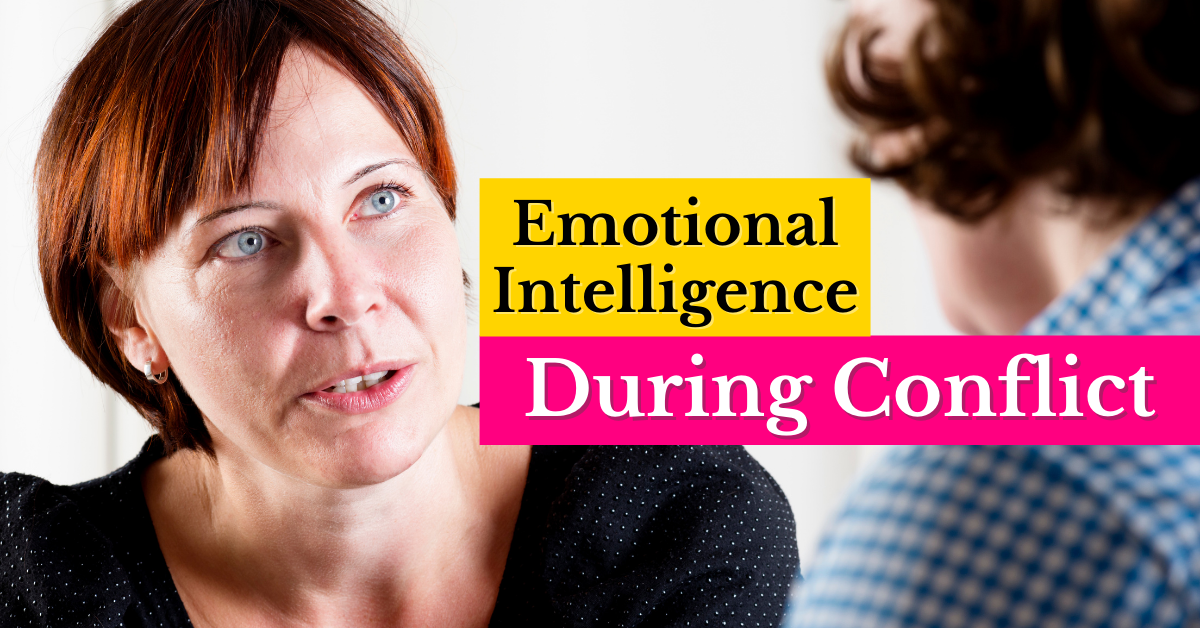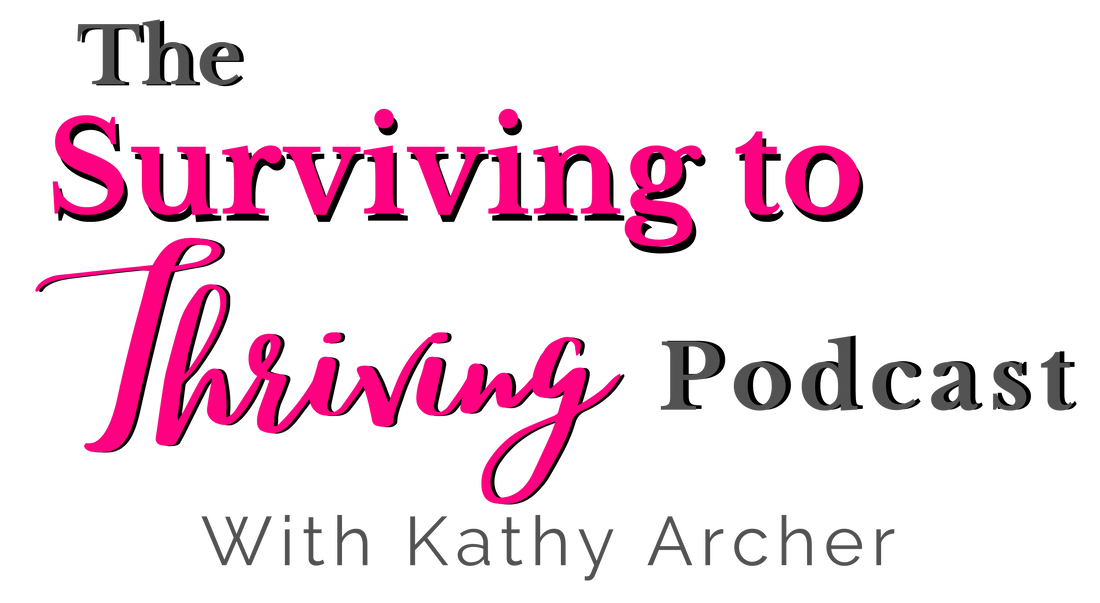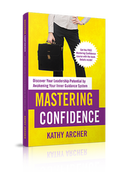|
Do you know why you avoid conflict? We tend to avoid conflict because we are not comfortable with the emotions involved in a conflict. When we deal with conflict, we try to shut our feelings off, which doesn't work! Withholding our emotions only works to a point. One day, when you are tired, have had a few too many demands, are on a deadline and your fingernail breaks, or some other trivial thing, you suddenly snap, fall apart, say something you regret, or beat yourself up over the way you communicated it. Where do the emotions come from? Here's the thing, what may have started as a conversation or disagreement can quickly turn into a conflict. Why is that? The reason a disagreement turns into a conflict is that we attach meaning to the two sides. For example, they're wrong, and I'm right, and that feeds into our emotions. Let me give you an example. Paperwork is supposed to be done on time. That's black and white, right? When an employee is consistently late with paperwork, it becomes a problem for many of us. You might've addressed the late paperwork the first, and second and maybe even the third time it happened, to no avail. As the problem persists, you attach a story to it, meaning to it or a narrative around it, which provokes emotions.
Those emotions fester—annoyance, disgust, incredulous, frustration, and perhaps anger. You put off the conversation. When it gets to this point, you know that you're not likely to have a calm, rational conversation.
You want this person to get motivated, take the initiative, and do their job without you having to nag them. You know, somehow, you "should" be able to lead them in that direction. But...... Subconsciously, you aren't so sure you can have that conversation and maintain your composure, get your point across, and leave feeling like you've motivated and inspired that person, so you put it off. Here's how to do it with Emotional Intelligence In the webinar How to Prepare for a Tough Talk, I teach you the TIP method for dealing with tough conversations. The tip method is
Warning If you try to have that conversation rationally and ignore the emotional triggers that show up, it likely won't go the way you hoped. Here's what you can do Take time To identify your triggers And plan how you will deal with them when they show up. Want more help? To get a deeper understanding of the emotions connected to conflict, listen to this week's podcast with Sarah Albo. In episode # 51, Sarah and I unpack The Emotions of Conflict. When you tune in, you will learn how emotions play a role in the progression of disagreements to conflicts and gain awareness around how you can manage those emotions to deal with conflict more effectively. To begin to apply this in your leadership, grab Mastering Confidence and work through the exercises. You'll find that in no time, you'll be feeling more confident about addressing conflict before it becomes too big of a deal! When that happens, your team will feel supported and encouraged. And, instead of feeling like you spend your days chasing people down, you'll feel empowered to help them grow!
0 Comments
Your comment will be posted after it is approved.
Leave a Reply. |

Available on Amazon
Archives
May 2024
|
|
Leadership TRAINING for Nonprofit Leaders
Become a confident and competent nonprofit Leader: Join The Training Library membership Executive and Leadership COACHING Leadership Coaching for Nonprofit Executives, Leaders and ManagerCoaching |
PODCAST for Nonprofit Leaders
The Surviving to Thriving podcast: Strategies, systems and support to lead your nonprofit with confidence FREE RESOURCES to Grow your Leadership Skills Free Leadership Training Resources, Worksheets and Templates |
Become a CONFIDENT LEADER
|




 RSS Feed
RSS Feed
